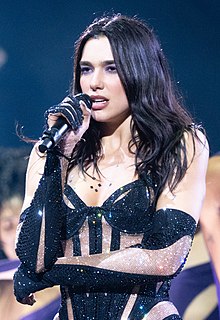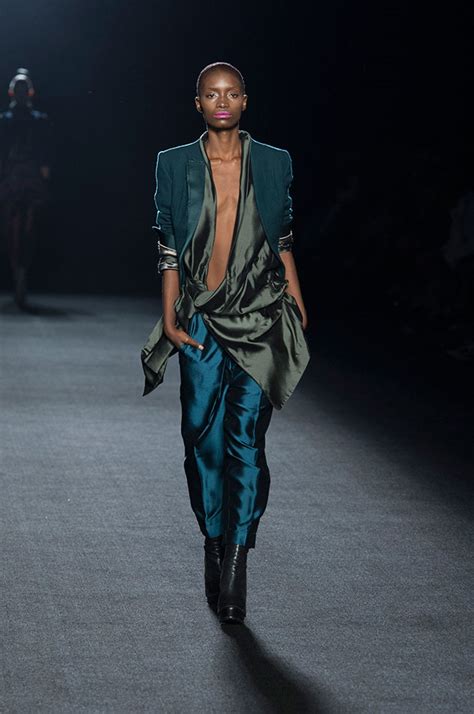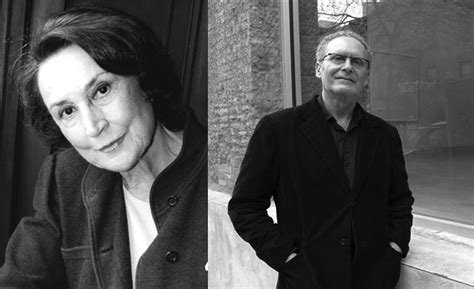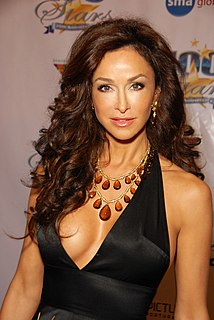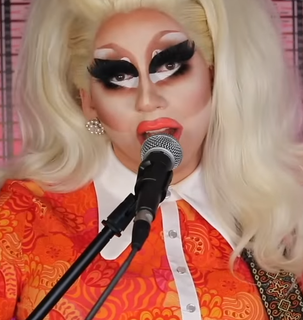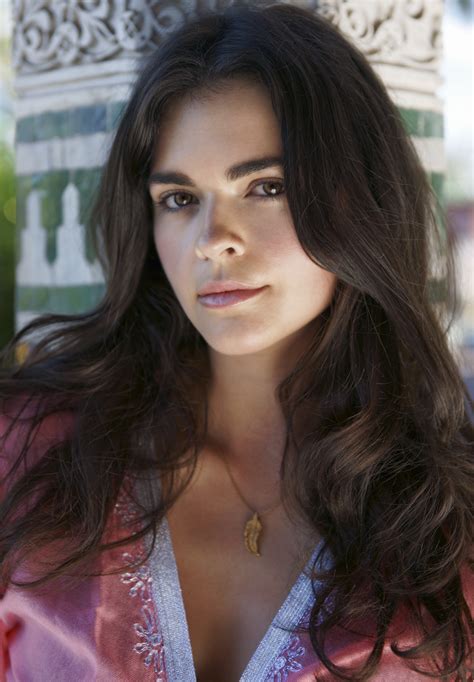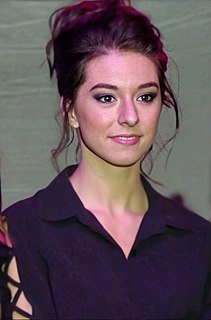A Quote by Mike D
My parents were very, very good about not separating us as kids from their adult friends. So on any given night, we'd have, like, this kind of freak show - artists and art dealers coming over. And these are the people I feel like I learned from.
Related Quotes
Networks like Adult Swim allow artists to be artists and allow their vision to come through without a lot of tinkering. I worked on 'Moral Orel' and 'Mary Shelley's Frankenhole,' and they bothered us very little. They very, very seldom came to us and said 'Change this,' or 'You can't do that,' or 'We'd like to see this.'
My parents never pushed me towards music. I feel like, growing up in a musical household and always being surrounded by it, I was always kind of a performer child. I remember my parents would have guests over, and they would bring their kids, and I would make sure that we were ready to put a show on.
We're going to show great heart. DACA is a very, very difficult subjects, one of the most difficult. You have these incredible kids in many cases, not in all cases, in some of the cases they are gang members and drug dealers, too. But you have some absolutely incredible kids, I would say mostly. They were brought here in such a way, it's a very, very tough subject.
I don't know, it's very difficult if you're in a strange country to just barge in and say, "Hello, I'm Warren MacKenzie, and aren't you happy to have me as a guest," you know? But artists did accept us and we remained friends for many, many years, many of them as long as they lived; like Lucie Rie and Hans Coper were very good friends, and it was wonderful.
There is something very unstabilizing about not knowing where you're coming from or where you're going. There's something very romantic about it, because you have this search for the unknown. But at the same time, sometimes I'm like, "God, if I were to die tomorrow, where would I like to be buried?" I wouldn't know. That's kind of a heavy thought, but it's a fact. You don't know anymore where you belong.
Maybe Japan itself is a little similar in that a lot of young people seem to have a little knowledge but not too much depth. I guess my perception of the art specialists in America or in Europe is that the art people are kind of mainly just the art people and that community is self-contained. But in Japan, it mixes with fashion and other things. I'm sure that many authentic art dealers or insiders didn't like the way that we presented our show in this very pop-y, accessible manner - just showing parts of our collections and selling prints and collaborative products.
One place that I really feel comfortable is being a comedienne. I'm very socially inept. There's so many things that I can not do in life, and this is, like, the one thing that I have mastery over. It's my world. And anybody who's coming to the show, it's like they're coming because they know that this is my world.
What's happening in the larger world always influences art. When I first started the gallery in 1959, one of the first things I learned was that most people assume artists know one thing and one thing only - that they were idiot savants. I found very quickly that most artists were very informed and very aware of what was happening in the world around them. So all of those things go together, especially for earthworks. And at that time there was such an intense interest in American art. So there was a great deal of attention paid to where it was going.
"Sesame Street" was really the first kid's show that my dad did. He did a couple of TV specials that were targeted for kids before "Sesame Street," but really, it was, it's kind of going back to our roots, when we start to get adult. This show gets very adult sometimes, and that's because of the audience.
I learned a lot about my parents, who were both teachers. I had known that my parents were very strongly in favor of education. I had known that they had an impact on a lot of people, but people came out of the woodwork who have said, "You know, without your father, I would never have gone to college," very successful people. And so I learned how widespread their educational evangelism really was.
If you really watch 'The Voice' and follow Adam, he's very ADD. He's kind of one place here, and then he's over here the next minute; he's kind of all over the place. When it comes down to being very serious, and especially when we were talking about the finale song, he's actually very serious, and he's a very good listener.


